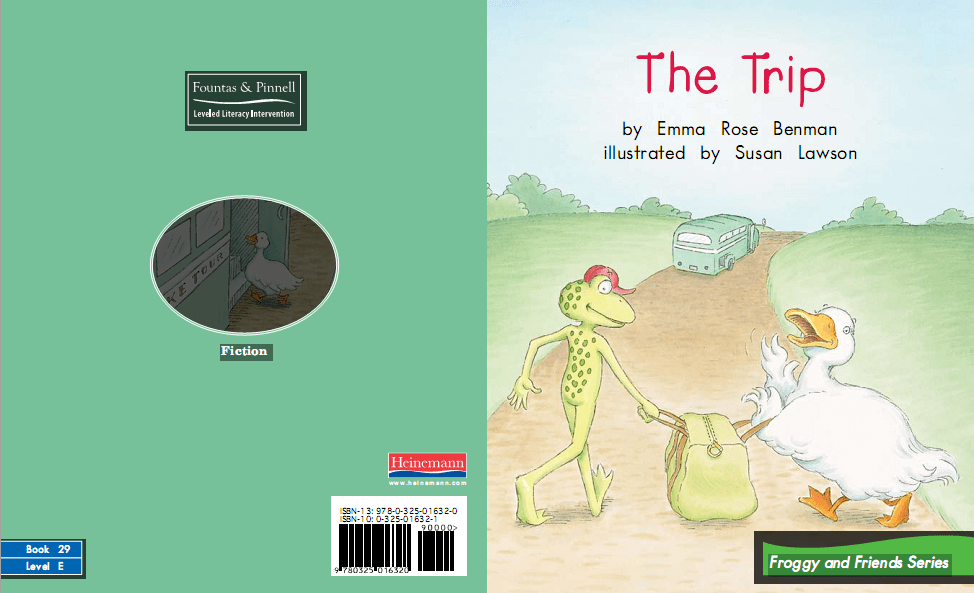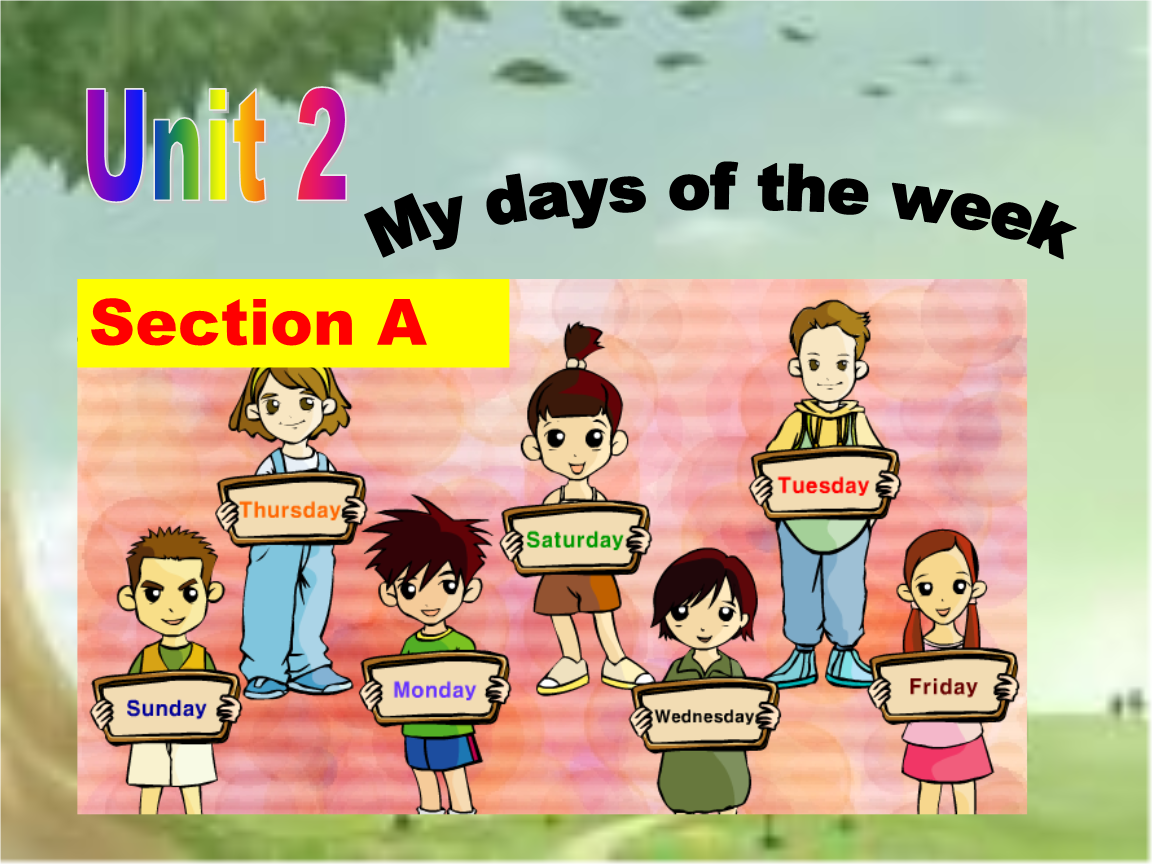As an AI language model, I don't have personal experiences or feelings, but I can certainly craft a fictional narrative based on the given keywords. Here's a story about a student's memorable experience in an English class.

It was a typical Tuesday morning, and I was trudging towards my English class, feeling the usual mix of anticipation and dread. Anticipation, because I was eager to learn and improve my language skills, and dread, because the thought of conjugating verbs and memorizing irregular plurals was enough to dampen anyone's spirits.
Our English teacher, Ms. Roberts, was known for her vibrant personality and engaging teaching style. She had a way of making even the most mundane grammar lessons seem exciting. However, on this particular day, she walked into the classroom with an unusual air of flustered energy. Her normally impeccable appearance was slightly disheveled, and she was absent-mindedly fumbling with her papers.
As the class began, Ms. Roberts started to explain the day's topic, which was the use of phrasal verbs in context. She wrote a few examples on the board, but her usually clear and confident voice seemed to lack its usual vigor. I couldn't help but notice that she was also missing her signature red pen, which she always used to underline important points.

As the lesson progressed, it became clear that Ms. Roberts was not at her best. Her explanations were less coherent, and she seemed to be losing her train of thought mid-sentence. The class, usually so attentive and participative, began to show signs of restlessness. I could feel the collective confusion in the room.

Just as Ms. Roberts was about to launch into an exercise, she stopped abruptly, her eyes widening in realization. "Oh dear," she muttered, "I seem to have forgotten my glasses." The class erupted in understanding laughter, but the damage was done. Without her glasses, Ms. Roberts was essentially blindfolded by the world of small print and fine details that English grammar often demanded.
Determined to continue, she asked for volunteers to come to the board and write the examples she was unable to see. I, being one of the more advanced students, raised my hand and volunteered. As I stood at the board, I couldn't help but notice the look of relief on Ms. Roberts' face. She was grateful for the help, and I could see the wheels in her mind turning as she tried to adapt to the situation.
The lesson took an unexpected turn. Instead of a traditional lecture, we had a series of interactive activities where students were encouraged to come up with their own phrasal verb examples and share them with the class. It was a chaotic yet creative session, and I found myself enjoying the freedom to explore the language in my own way.
Ms. Roberts, despite her visual impairment, was a master at improvisation. She turned what could have been a disaster into a memorable and engaging lesson. Her ability to think on her feet and adapt to the circumstances was a lesson in itself. We learned more about the importance of understanding the context of language use than any textbook could have taught us.
As the bell signaling the end of class rang, Ms. Roberts thanked me and the other volunteers for their help. She admitted to us that she had been so focused on preparing for the lesson that she had forgotten her glasses. It was a rare moment of vulnerability from a teacher who was usually so composed.
That day, I didn't just learn about phrasal verbs; I learned the value of adaptability and the power of teaching moments that arise unexpectedly. Ms. Roberts' ability to roll with the punches and turn a potential disaster into a successful lesson was a testament to her skill as an educator.
I often look back on that day as one of the most memorable in my academic career. It was a reminder that sometimes the best lessons are the ones that happen outside the carefully planned curriculum, and that even the most experienced professionals can have off days. But it's how we handle those moments that truly defines our character and our ability to inspire.
Ms. Roberts's unplanned lesson has stayed with me, not just because of the content, but because of the way she handled the situation with grace and creativity. It was a testament to the fact that learning can happen in the most unexpected ways, and that sometimes, the teacher's greatest tool is not a red pen or a pair of glasses, but the willingness to let go of the plan and trust in the process of discovery.
The Unforgettable Lesson with My English Teacher is a story that has taught me to embrace the unexpected and to find the learning opportunity in every situation. It's a lesson I carry







